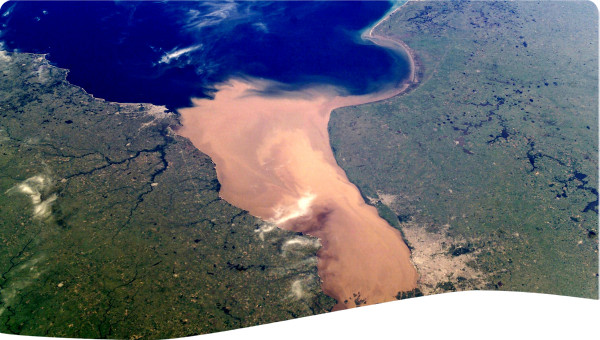More than 60 per cent of the world’s freshwater flow is shared between two or more riparian states. The sustainable and cooperative management of these transboundary water resources is crucial for access to water, sustainable development as well as regional stability and peace. However, many countries and basins struggle to identify and mobilize the needed funding for transboundary water cooperation processes and basin development projects.
Financial capacity constraints faced by countries and limited understanding of the benefits of cooperation often hinder the mobilization of financial resources for transboundary water cooperation and basin development. The risk perceived in investing in transboundary settings is also often considered a challenge, especially by investors.
This publication provides a comprehensive overview of the sources of funding and financing available to support transboundary water cooperation and activities related to the management and development of shared basins. It analyses the key opportunities and challenges related to their financing. It explores the different financial needs for the establishment and operation of joint bodies and for the elaboration and implementation of basin management and development projects. It also maps these needs with existing and potential sources of funding and financing, from both public and private entities.
Developed in the framework of the Water Convention under the leadership of Switzerland and the Netherlands, and in cooperation with many partners including the African Development Bank (AfDB), the Asian Development Bank (ADB), the European Investment Bank (EIB), the Global Environment Facility (GEF), the Inter-American Development Bank (IDB), the Organisation for Economic Co-operation and Development (OECD) and the World Bank, this publication is intended for water management practitioners, basin managers, representatives of national ministries in charge of economic planning and finances, as well as joint bodies, international financial institutions and private sector/ financiers. It aims to engage them in a dialogue on how best to meet the financial needs of transboundary water cooperation and basin development for the benefit of the world’s shared basins and their riparian communities.
 Resource -
Resource -
